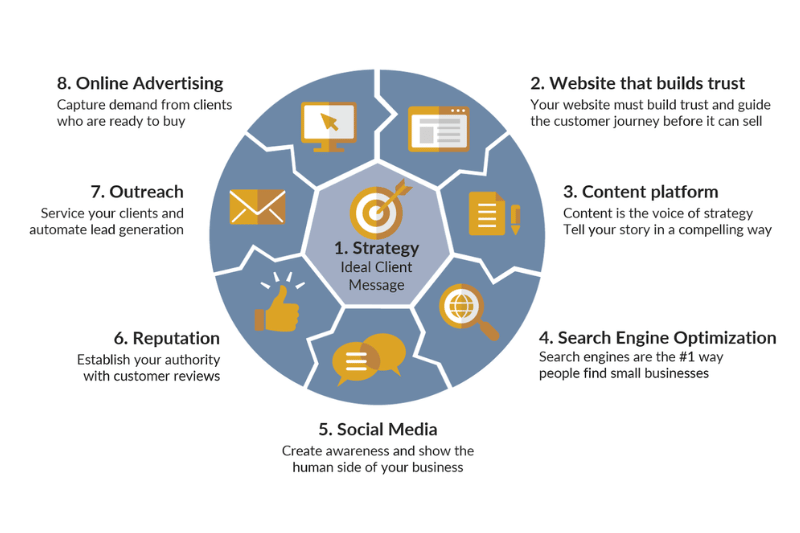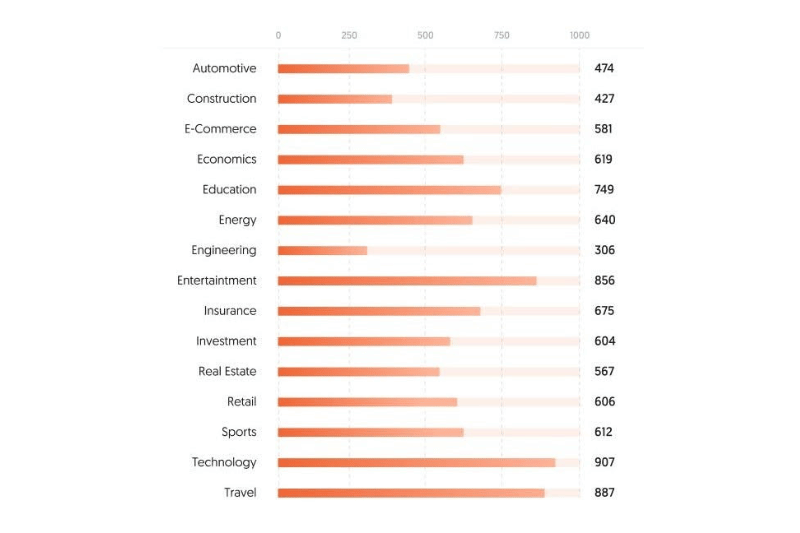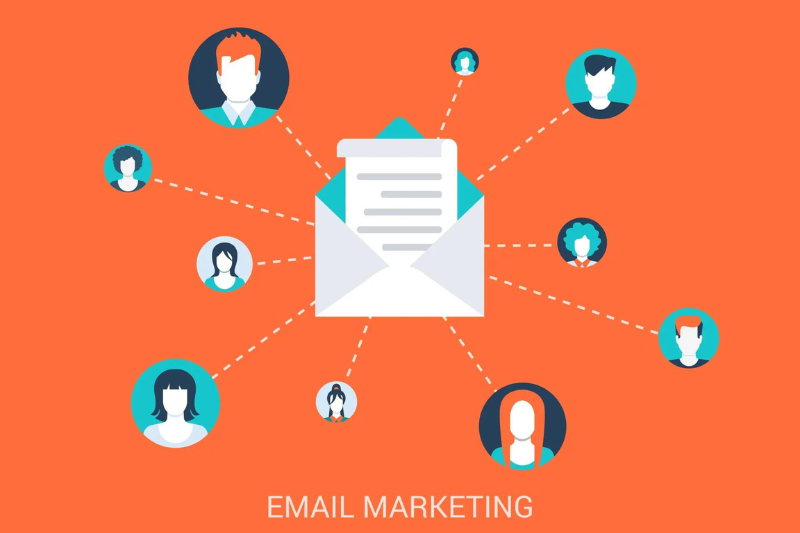Choosing Between WordPress and Umbraco: A Practical Guide for Business Owners
Looking for a New Website? Let’s Talk Strategy First.
If you're thinking about building or rebuilding your website—whether it's B2B, B2C, or a mix of both—chances are you’re being asked to choose a content management system (CMS)—probably by a designer, a developer, or a digital marketing team. It’s a choice that seems technical on the surface but has deep implications for how your website works, how your team manages it, and how well it grows with your business.
The two platforms we’re focusing on here—WordPress and Umbraco CMS—both have their strengths. But like most tools, their usefulness depends on the job you're trying to get done and the content you’re working with.
So instead of asking “which CMS is better,” ask: what does your business need today—and what will it need three years from now?
WordPress: Familiar, Flexible, and Fast to Launch
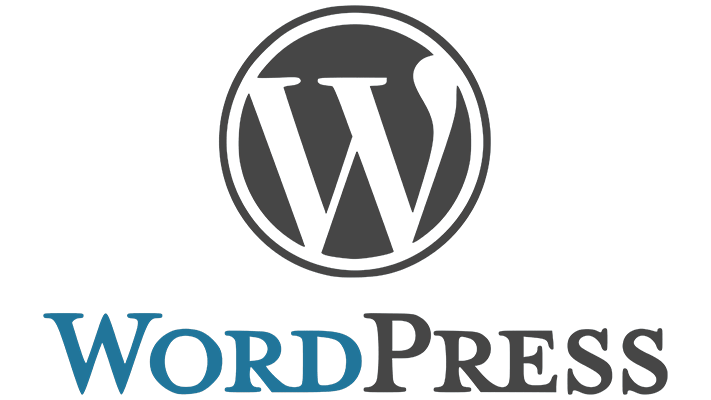
WordPress began as a blogging platform in 2003. Today, it powers nearly half the websites on the internet. Its appeal is simple: it’s open source, free, flexible, and widely supported. Whether you're running a small business, a professional blog, or an online store, WordPress offers themes and plugins to get you up and running with little technical expertise.
For many businesses, WordPress is the first CMS they try. It offers fast setup, a friendly interface, and a wide developer network. It can also grow to handle more complex needs—though often by stacking plugins or relying on custom code.
That’s where the cracks can show. As the number of plugins and features increases, so does the risk of slowdowns, conflicts, and security issues. And because WordPress wasn’t originally designed as a full-scale enterprise solution, some of the add-ons feel like workarounds rather than robust features.
If you're in an early stage or need something lightweight, WordPress is a sensible option. If your business model is evolving or becoming more complex, your current setup may struggle to keep pace. When your website becomes central to operations, investing in a more structured digital platform can be crucial for long-term stability and scalability.
Umbraco: Built for Customization, Designed to Scale
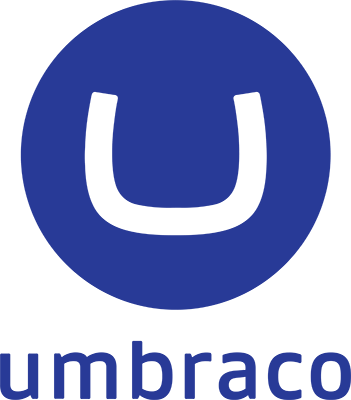
Umbraco is open source, like WordPress, but it’s architected very differently. Launched in 2005, it’s built on the Microsoft .NET framework and is designed for digital platforms that need a scalable, structured, and secure environment to support evolving business strategies.
What sets Umbraco apart is its balance between flexibility and performance. It offers more control and flexibility at the architecture level, allowing the site to be structured precisely around your business processes, operational needs, and long-term growth strategy.
It supports multiple content editors, multilingual sites, and complex workflows right out of the box. It doesn’t rely on plugins to add core functionality—those capabilities are integrated into the system itself to support content management.
And while it typically involves more upfront development time, the long-term benefits are clear: fewer maintenance issues, stronger security, faster performance, and a structure that grows with you and your specific needs.
Comparing the Two: What Really Matters
| Key Consideration | WordPress | Umbraco |
|---|---|---|
| Best For | Small businesses, quick-launch sites | Growing or multi-location businesses |
| Technology | PHP, MySQL | .NET, SQL Server |
| Customization | Theme- and plugin-based | Built to specification |
| Ease of Use | Intuitive editor, plugin-based UX | Clean editor, built-in controls |
| Security | Community-managed; plugin risk | Enterprise-grade, fewer attack surfaces |
| Scalability | Moderate—with effort | High—by design |
| Multilingual Support | Add-ons required | Native feature |
| Maintenance | Plugin updates, monitoring needed | Fewer moving parts, more stability |
| Hosting Needs | Flexible | Typically Windows server or Azure |
When Umbraco Makes Sense
We often recommend Umbraco to clients who are expanding their business and need a web platform that reflects their operational complexity—not just a nice-looking digital brochure. It’s particularly well-suited to companies that:
- Operate in multiple regions or serve multilingual audiences
- Need a website that integrates deeply with internal systems or CRMs
- Have non-technical staff managing content, and need a structured editing experience
- Want predictable performance, functionality, and stability, not plugin workarounds
- Value security and compliance
Umbraco isn’t about flashy design trends or gimmicks. It’s about building something that lasts, supports your team, and gives you room to grow.
How We Help at Mawazo
At Mawazo, we’re not tied to one platform. Our work is grounded in strategy first—because a website should support your business goals, not just exist online.
If you’re not sure which CMS is right for you, we’ll help you figure it out. We start with a clear, honest audit of your current setup and goals. Then we design a path forward that’s aligned with your team, your budget, your specific needs, and your long-term plans.
We’ve built with both WordPress and Umbraco. We’ve seen where each one thrives, and where it doesn’t. Our goal is simple: build a system that performs well and makes your life easier.
If that sounds like what you’re looking for, we’d be happy to talk.
Frequently Asked Questions
What is the main difference between WordPress and Umbraco CMS?
WordPress and Umbraco CMS are both open-source platforms but built on different technologies. WordPress runs on PHP and MySQL, while Umbraco is built on Microsoft’s .NET framework. WordPress offers an enormous ecosystem of themes and plugins, making it ideal for quick deployment and flexible design. Umbraco provides a more structured, scalable framework, which is better suited for complex business needs.
When should a business choose WordPress?
WordPress is an excellent choice for small to mid-sized businesses, blogs, marketing websites, and e-commerce. Its intuitive interface and wide selection of plugins make it easy to launch quickly and adapt to many use cases. With proper development and management, WordPress can also support large corporate websites.
Why should a business choose Umbraco CMS?
Umbraco CMS is designed for organizations that need scalability, security, and structured workflows. It’s especially valuable for multi-location or multilingual businesses, companies integrating with CRMs or internal systems, and teams with multiple content editors. Its built-in features and enterprise-grade stability make it a strong long-term choice compared to plugin-dependent platforms.
What are the benefits of working with an Umbraco Gold Partner Agency?
An Umbraco Gold Partner Agency offers direct access to support from Umbraco HQ, early updates, and a track record of successful Umbraco Projects. Gold Partners are recognized for their depth of expertise, making them the safest choice for businesses investing in Umbraco development, upgrades, or ongoing support.
How do I decide between WordPress and Umbraco for my website?
The choice comes down to business needs. If speed to market, cost-effectiveness, and a large plugin ecosystem are priorities, WordPress is an excellent option. If long-term scalability, enterprise-level security, and structured content management are essential, Umbraco CMS is likely the better fit. Many businesses succeed with both—choosing the right CMS is about aligning the platform with your long-term strategy.
Do you have any questions on the above, or would you like to share your experience? Just email ideas@mawazo.ca or call +1 (833) 503-0807.
At Mawazo Marketing we work with owners of B2B companies who want to accelerate their business. We help them with a concrete digital growth plan, a website that saves operational cost, and a digital marketing system that generates leads. For qualifying clients we offer a 5x ROI guarantee: if we don't reach the objective, then we pay back the difference. Book a Free Strategy Session to find out more.
